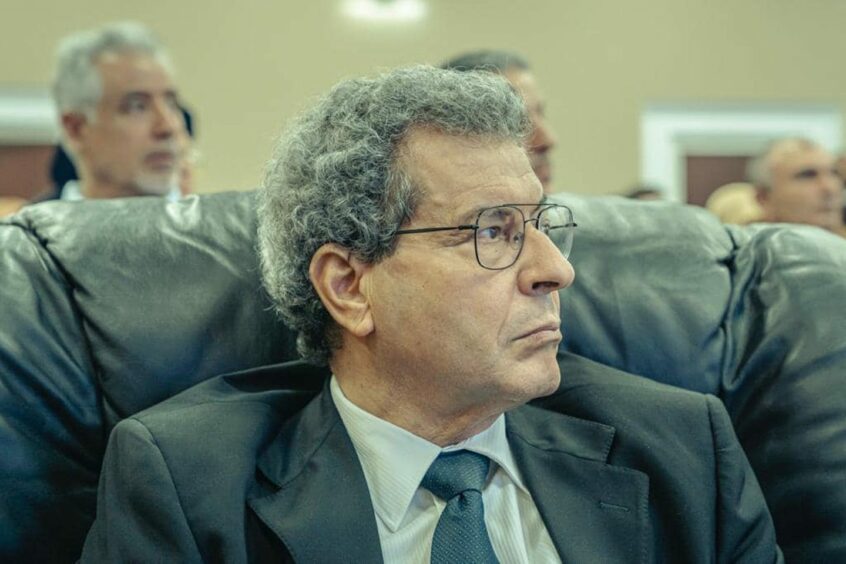
Eni has struck a major deal to develop gas deposits off west Libya – but not everyone is happy, including the country’s oil minister.
Libya Minister of Oil Mohamed Oun declared the $8 billion development break a number of laws. The ministry said the A&E agreement was an amendment to an earlier deal, from 2008.
The ministry noted that National Oil Corp. (NOC) head Farhat Bengdara had affirmed that the gas deal was legal. Bengdara was wrong, the ministry said.
The deal was “completely contrary” to Libya’s various oil laws. This requires approval from the ministry and the council of ministers.
The ministry in particular highlighted a plan to give Eni a 37% stake in the project, rather than 30%. Any deal increasing the stakes of a foreign partner required high-level approval, the ministry said.
A LANA correspondent asked Bengdara about the legality of the deal on January 28. The Libyan news agency reported the official as saying the company works in line with the law.
“Whoever considers that this procedure is illegal appeals to the judiciary, and it is the one who decides whether this is legal or illegal,” the NOC head said. Ministers had voted on the proposal, Bengdara said, and approved the Eni plan.
The oil ministry’s statement warned that NOC’s decision on this agreement paved the way for additional amendments with foreign partners.
The eastern-based Prime Minister Fathi Bashagha also voiced opposition to the deal. Bashagha has previously opposed companies striking deals with the Tripoli-based Government of National Unity (GNU), which he sees as illegitimate.
Minister Oun has also raised concerns about how NOC would pay for its share of the deal. The terms have not been made publically available but the minister has suggested NOC would have to pay for its share of spending on the $8bn development.
Eni declined to comment.
First of many?
Eni’s plan faces challenges, therefore, but Verisk Maplecroft North Africa analyst Hamish Kinnear struck an upbeat note on the deal.
“That part of west Libya is relatively stable. If you’re going to choose a project to develop it’s a good choice,” Kinnear said.
Support from Prime Minister Abdul Hamid Dbeibeh and NOC head Bengdara demonstrates that Eni believes it has what it needs to make good on the A&E project, he said.
Dbeibeh’s presence in particular suggests NOC will be able to secure financial support, whether from the Central Bank of Libya (CBL) or other institutions.
“The IOCs are in a better negotiating position than they have been for some time. Libya is after new investments and there’s time to take advantage of sky high prices. This deal will make other IOCs think that if Eni is ready to pump more in [to Libya] than they should also reconsider,” he said.
Kinnear noted Eni’s track record and local knowledge of the North African state as giving it an advantage.
“Raising production could also some internal energy for Libya, in addition to being a big deal for Italy and Prime Minister Giorgia Meloni,” he said.
